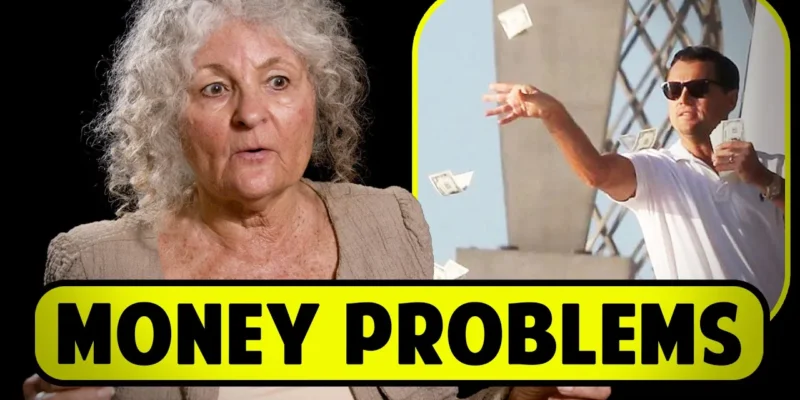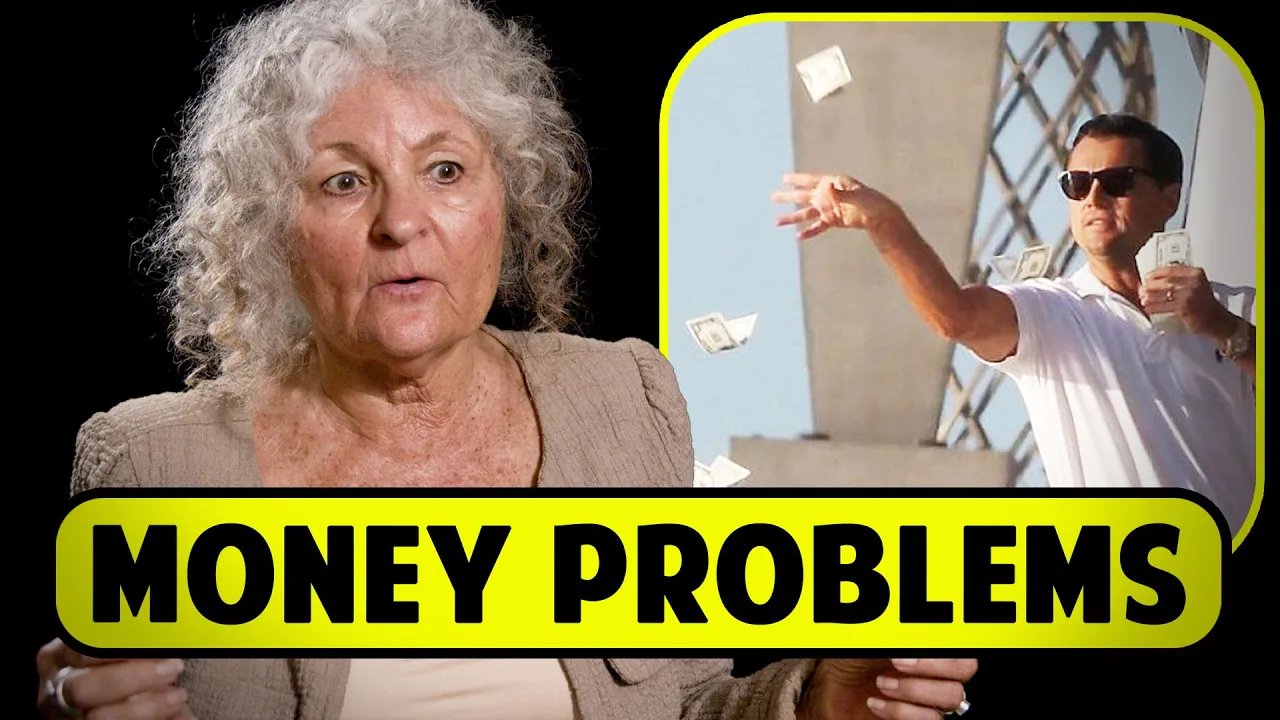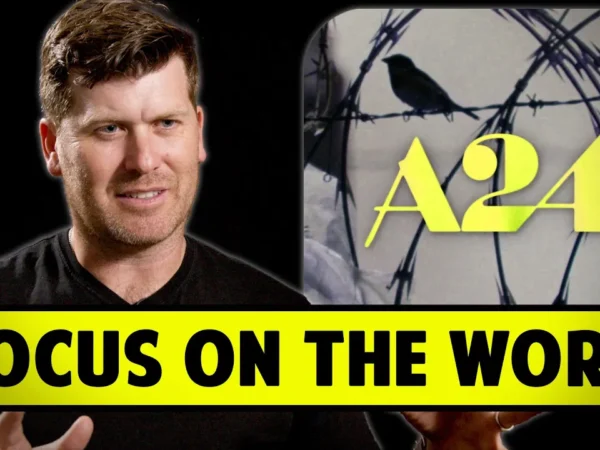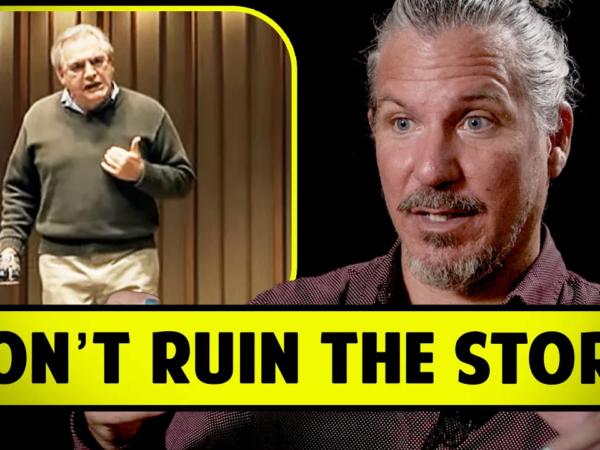
Understanding the Connection Between Money and Love
 Money is often perceived as a straightforward tool for transactions, but its deeper implications can significantly affect our lives. This blog explores the intricate relationship between money, love, and personal beliefs, revealing how our past experiences shape our current financial situations.
Money is often perceived as a straightforward tool for transactions, but its deeper implications can significantly affect our lives. This blog explores the intricate relationship between money, love, and personal beliefs, revealing how our past experiences shape our current financial situations.
Money Issues Are About Love
Many people believe that financial problems are simply about not having enough money. However, the reality is that these issues are often deeply intertwined with our relationships and emotional well-being. For instance, a son who sees his father struggle financially may find it difficult to surpass his father’s achievements. This struggle often stems from a place of love and desire to support their parent. The son may feel torn between wanting to succeed and wishing to see his father succeed. As a result, his financial limitations may reflect a deeper emotional connection rather than a mere lack of funds.

It’s important to recognize that money flows freely to those who have a healthy relationship with it. If someone believes they don’t earn enough to meet rising costs, this belief can create a self-fulfilling prophecy. Many of these beliefs are rooted in childhood, shaped by phrases like “money doesn’t grow on trees” or “you can’t have that toy.” Such ideas can become internalized, leading individuals to limit their financial potential.
Abundance and Financial Troubles
Interestingly, individuals who come from a background of financial abundance can also face money troubles. This paradox often arises from a lack of emotional connection. For example, a wealthy father who is absent due to work may provide financially for his family but fail to offer emotional support. As a result, his children may feel unloved despite their material wealth, leading to a complex relationship with money as they grow up.

Even those who have had every material need met can struggle with feelings of emptiness or guilt regarding money. They may view wealth as a source of evil, leading to self-sabotaging behaviors that prevent them from achieving financial success. This highlights the importance of examining one’s beliefs about money and their origins.
Changing Your Money Mindset
To improve one’s financial situation, it’s crucial to shift the underlying beliefs about money. This process begins with recognizing how you perceive money and its role in your life. For instance, if someone sees money as a source of greed or evil, it’s essential to reframe that narrative. Money itself is neutral; it’s the intentions behind its use that define its impact.

One effective method for changing your relationship with money is through what is known as the “Inner Money Method.” This approach emphasizes clarity and intention in your financial goals. By articulating what you want from money and treating it with respect, you can foster a more positive relationship. For example, rather than viewing money as something that leaves your wallet as soon as it arrives, consider how you can use it to create value or contribute to causes you care about.
The Power of Beliefs
Our beliefs about money are often shaped by our upbringing and life experiences. These beliefs can create a lens through which we view financial opportunities. If someone has grown up in a household where financial stability was a constant struggle, they may carry that mindset into adulthood, making it difficult to escape the cycle of financial stress.

It’s fascinating how an event from childhood can have lasting effects on one’s financial behaviors. For example, if a child saved money for a bicycle only to have it taken away by a parent, that experience can instill a belief that money is not safe or that saving is futile. Such beliefs can hinder financial success later in life.
The Cultural Shift Around Money
The cultural perception of money has shifted over time, especially in the wake of economic downturns. The notion that “greed is good,” which was prevalent in the 1980s, is now often viewed negatively. Many people today embrace the idea that financial success should not come at the expense of others, leading to a collective belief that having money is somehow wrong or unethical.

This societal attitude can reinforce negative beliefs about money, making it even more challenging for individuals to achieve financial success. However, it’s crucial to recognize that having money can also empower individuals to make positive changes in their communities and the world.
Conversations with Money
Engaging in a conversation with money can be a transformative practice. Many people don’t realize they are already having conversations about money, often filled with negativity and judgment. For instance, if someone believes that wealthy individuals are greedy, they are effectively communicating with money in a way that repels it.

To foster a healthier relationship with money, it’s essential to change the narrative. Recognizing that wealth can enable positive actions—such as charitable giving or community support—can shift perceptions. This reframing allows individuals to see money as a tool for good rather than a source of evil. By doing so, people can open themselves up to receiving more financial abundance.
Embracing a New Era of Money
As society evolves, new opportunities arise to redefine our relationship with money. One such movement is regenerative agriculture, where individuals can invest small amounts of money to support sustainable practices that benefit the environment. This approach allows people to view their financial contributions as investments in a better future rather than mere expenses.

By participating in such initiatives, individuals can cultivate a positive relationship with money that aligns with their values. This shift in perspective can lead to a more fulfilling and enriched life, where financial success is not only achievable but also meaningful.
Conclusion
Money is not just a means to an end; it is deeply connected to our emotions, relationships, and beliefs. By understanding and transforming our perceptions of money, we can create a healthier relationship with it, leading to greater financial success and emotional well-being. Remember, it’s always about love—love for ourselves, our families, and the world around us.
For more insights on this topic, consider checking out resources like Viki Joy King, where you can explore the intersection of financial wellness and personal growth.


















